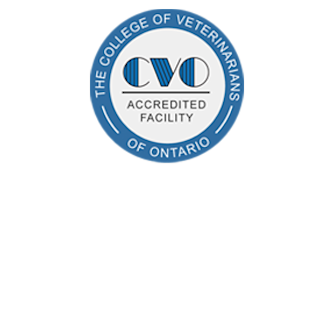Bathurst Animal Hospital

FAQS
What are the Hospital hours?
Our hospital is open weekdays from 8:00am to 6:00pm. On Saturdays we are open from 8:00am to 2pm. The clinic is closed on Sundays and public holidays.
Do I need to have an appointment?
Appointments are preferred and given priority. We will make every effort to see pets who do not have an appointment. You also have the option of dropping off your pet and having the doctor call you later with an assessment of his or her condition.
What forms of payment do you accept?
Debit Cards, MasterCard, Visa, American Express, and cash.
Can I make payments?
Not to us directly. We can assist you with applying to ScratchPay, PayBright or MediCard.
At what age can I have my pet spayed or neutered?
Spaying or neutering is usually done at about 6 months of age. In many instances, it can be done earlier. Your pet is thoroughly examined prior to surgery to help determine whether he or she is healthy enough to undergo the surgical procedure. Current vaccinations are required and a pre-anaesthetic blood screen is strongly recommended prior to undergoing anaesthesia and surgery.
What is pre-anaesthetic blood screen?
This is a blood test that is run in-house or at one of our external laboratories prior to surgery. It assesses organ function, blood counts and clotting abilities of your pet. The pre-anaesthetic blood screening is done to assure safety during surgery and the ability to heal following surgery.
How long do the sutures stay in after my pet’s surgery?
Procedures involving external sutures require them to be removed 7 – 14 days following the surgery.
Is it a good idea to let my pet have at least one litter?
No. There is no benefit to letting your pet reproduce. There are plenty of advantages to having you pet spayed or neutered. In females, advantages of spaying include a marked decrease in or elimination of the incidence of breast tumors, cystic ovaries and uterine infections. In males, neutering decreases the desire to roam the neighborhood and the incidence of prostate or testicular cancer later in life. It also cuts down on spraying and marking and above neutering pets decreases the surplus of unwanted puppies and kittens.
Do you board pets?
Yes, we reserve some boarding space for our clients’ dogs, cats, and small mammals
What are your boarding facilities like?
Our boarding kennels are all indoors, for both dogs, cats and small mammals. Dogs are walked outside 3 times daily while they are boarding. Cats and small mammals are housed in a separate area away from the dogs. A comfy bed, food and ample fresh water are provided for all our boarding guests. You are always welcome to bring your pets’ own blankets and/or toys for comfort from home. If you pet is on a special diet you will be asked to provide enough food for the entirety of their stay with us.

